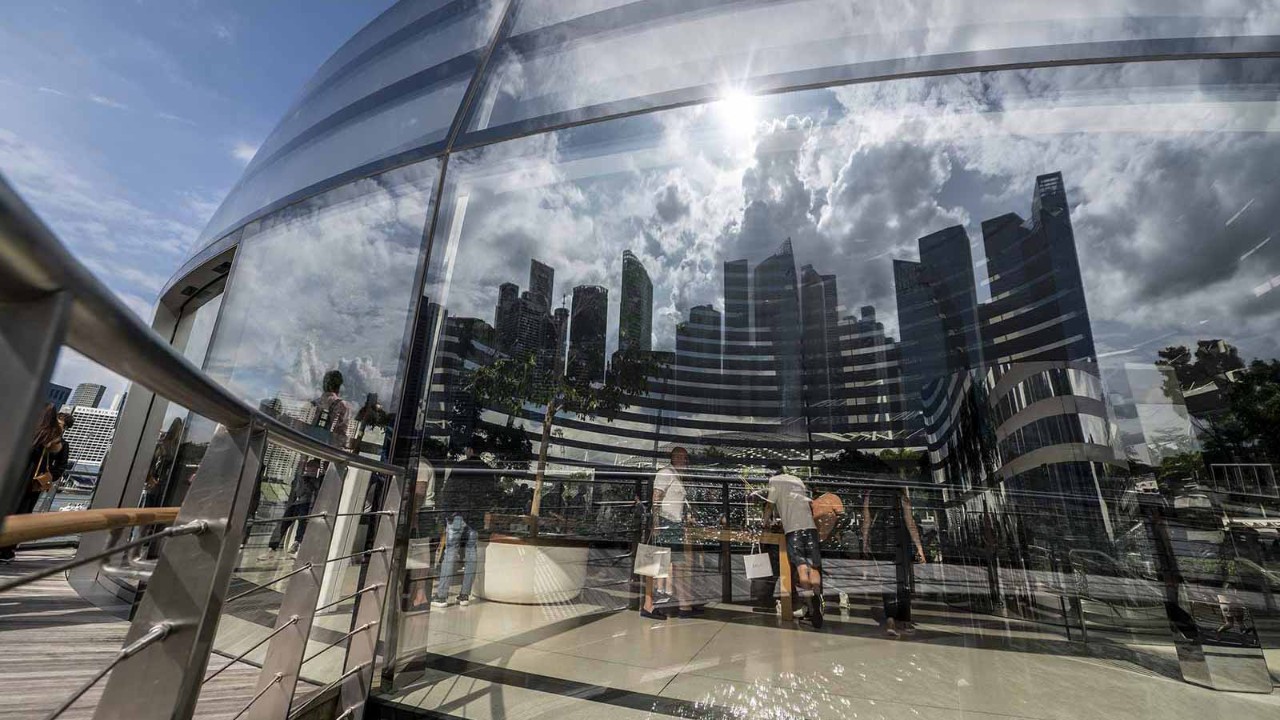
Singapore deputy prime minister and minister for finance Lawrence Wong’s budget speech in February identified three key thrusts: grow the economy and equip workers with skills; strengthen the social compact and provide better support; and build a more resilient nation.
This article focuses on income tax changes affecting businesses.
Global Anti-Base Erosion (GloBE) rules
Singapore plans to implement GloBE rules under the Base Erosion and Profit Sharing (BEPS) Pillar Two and the Domestic Top-Up Tax (DTT) for larger multinational enterprise (MNE) groups from the financial year starting on or after 1 January 2025. This timeline may be adjusted based on international developments.
If the DTT is introduced, it would top up the effective tax rate of MNEs operating in Singapore with annual group revenue of at least €750m to 15%.
Business income tax changes
Enterprise Innovation Scheme
A suite of tax measures applicable from year of assessment (YA) 2024 to 2028 will be enhanced or introduced to encourage businesses to engage in research and development (R&D), innovation and capability development activities.
Among them is a 400% tax deduction per YA applicable for the first S$400,000 of relevant costs relating to, for example, qualifying R&D, intellectual property rights, and qualifying courses.
Also available is an option to convert into a non-taxable cash payout at a ratio of 20% on up to S$100,000 of total qualifying expenditure per YA, which will only be available to businesses with at least three full-time local employees earning a gross salary of at least S$1,400 in employment for six months or more in the basis period of the relevant YA.
Double Tax Deduction for Internationalisation (DTDi) Scheme
To support businesses in building e-commerce capabilities, the scope of the DTDi Scheme is enhanced to include an e-commerce campaign and to cover expenses paid to e-commerce platform/service providers for business advisory, account creation, content creation, and product listing and placement.
Accelerated Capital Allowance (CA) on Plant and Machinery (P&M)
Businesses will be given an irrevocable option to accelerate the write-off of the cost of acquiring P&M during the financial year ending in 2023 over two years (75% in YA2024 and 25% in YA2025).
Accelerated Deduction for Renovation or Refurbishment (R&R) Expenditure
Businesses will be given an irrevocable option to claim R&R deduction in one YA for qualifying R&R expenditure incurred during the basis period for YA2024, subject to the cap of S$300,000.
Schemes extended to 31 December 2028
A number of existing schemes supporting businesses have been extended. These are: Investment Allowance (IA) Scheme; Pioneer Certificate Incentive and Development and Expansion Incentive; IP Development Incentive; Tax Exemption on Income Derived by Primary Dealers from Trading in Singapore Government Securities; Insurance Business Development – Insurance Broking Business Scheme; Qualifying Debt Securities (QDS) Scheme; Tax Incentive Scheme for Approved Special Purpose Vehicle (ASPV) Engaged in Asset Securitisation Transactions; and Financial Sector Incentive Scheme (FSI).
Other extensions
The 100% Investment Allowance (100%-IA) Scheme for Automation Projects approved by Enterprise Singapore under the Enterprise Development Grant is extended to 31 March 2026.
Existing tax measures relating to Submarine Cable Systems are extended to 31 December 2028.
The Tax Concession for Deduction of General Provisions for Doubtful Debts and Regulatory Loss Allowances made in respect of non-credit-impaired financial instruments for banks and qualifying finance companies is extended to YA2029 or YA2030, depending on their financial year end.
Scheme withdrawn
Tax Deduction for Expenditure Incurred on Building Modifications for Benefit of Disabled Employees was withdrawn from 15 February 2023.
Other income tax changes affecting businesses
The existing 250% tax deduction for qualifying donations and 250% tax deduction on qualifying expenditure incurred under the Corporate Volunteer Scheme are extended to 31 December 2026.
A new Philanthropy Tax Incentive Scheme for Family Offices is introduced to allow 100% tax deduction for overseas donations made through qualifying local intermediaries, capped at 40% of the qualifying donor’s statutory income.




